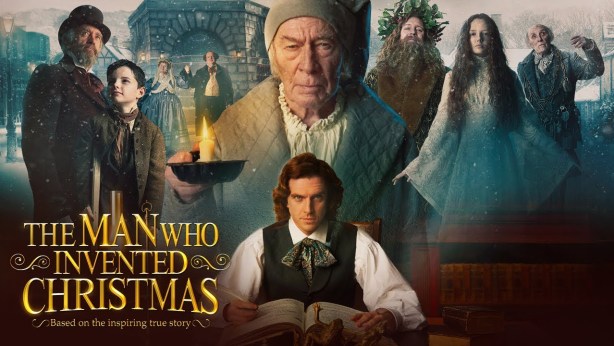 When I started reading Marvel Comics in the early 1970s, Stan Lee wasn’t writing them anymore. He became the publisher right around that time. When I started looking back at what came out before I started collecting, Stan the Man was in the center of it all.
When I started reading Marvel Comics in the early 1970s, Stan Lee wasn’t writing them anymore. He became the publisher right around that time. When I started looking back at what came out before I started collecting, Stan the Man was in the center of it all.
As most even casual comic readers know, the man born Stanley Lieber co-created the Avengers, Black Panther, Daredevil, Doctor Strange, the Fantastic Four, the Hulk, Iron Man, the Silver Surfer, Spider-Man, Thor, and the X-Men, among many others in a shared superhero universe.
Moreover, it’s was Stan’s Soapbox which really established the Marvel brand throughout several comic books by various creative teams. He also “addressed issues of discrimination, intolerance, or prejudice.”
Lee took a lot of grief, not entirely of his making, because Marvel, in the main, created him, if not entirely fairly financially, then certainly less badly than Lee’s co-creators, people such as Steve Ditko, and especially the late Jack “King” Kirby. This was particularly egregious because of what was dubbed the Marvel method, as described in the Wikipedia:
“Typically, Lee would brainstorm a story with the artist and then prepare a brief synopsis rather than a full script. Based on the synopsis, the artist would fill the allotted number of pages by determining and drawing the panel-to-panel storytelling. After the artist turned in penciled pages, Lee would write the word balloons and captions, and then oversee the lettering and coloring. In effect, the artists were co-plotters, whose collaborative first drafts Lee built upon.”
This tension has largely dissipated to a great degree when Kirby’s heirs settled with Marvel in 2014, which has meant the artists behind the characters are getting on-screen notice as well as compensation when those films show up in the movies.

And speaking of cinema, Stan Lee has cameo appearances in every single feature film in the Marvel Cinematic Universe. This means that he has appeared in the movies that have grossed more money than any other actor. More than Harrison Ford or Tom Hanks or Frank Welker or even Marvel movies actor Samuel L. Jackson.
“At the 2016 Comic-Con International, Lee introduced his digital graphic novel Stan Lee’s ‘God Woke’, with text originally written as a poem he presented at Carnegie Hall in 1972. The print-book version won the 2017 Independent Publisher Book Awards’ Outstanding Books of the Year Independent Voice Award.”
Sadly, Joan, Stan’s wife of nearly 70 years died on July 6, 2017 at the age of 95.

 When I was in Binghamton back on November 13, I went to the Bundy Museum to see the documentary A Bold Peace. It chronicles the nearly 70-year “history of Costa Rica’s dismantling of their military & redirecting their resources towards education, healthcare, & the environment,” earning the country the #1 spot on the Happy Planet index.
When I was in Binghamton back on November 13, I went to the Bundy Museum to see the documentary A Bold Peace. It chronicles the nearly 70-year “history of Costa Rica’s dismantling of their military & redirecting their resources towards education, healthcare, & the environment,” earning the country the #1 spot on the Happy Planet index.

 In my busyness, I neglected to write a review of the movie Victoria and Abdul, which my wife and I saw at the Spectrum Theatre in Albany in October 2017. It’s a mostly
In my busyness, I neglected to write a review of the movie Victoria and Abdul, which my wife and I saw at the Spectrum Theatre in Albany in October 2017. It’s a mostly